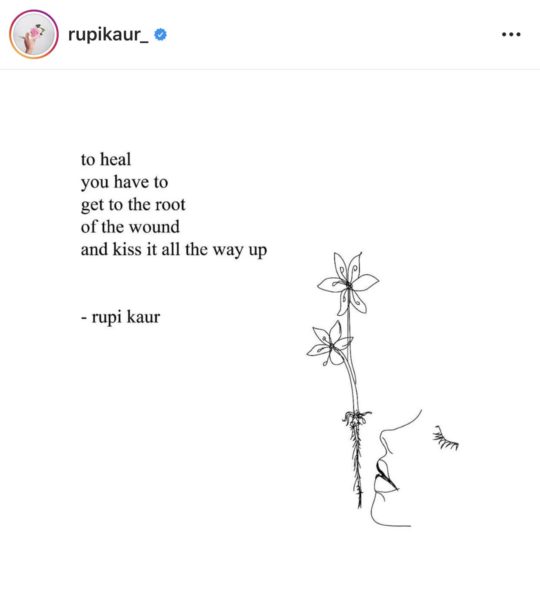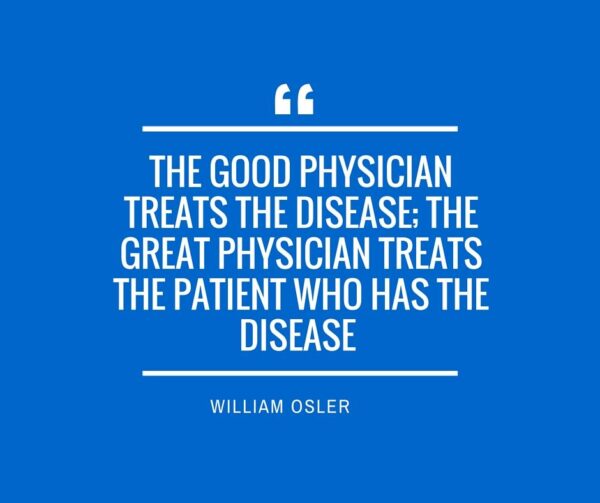Is self-care more of a trending hashtag than reality?
I know you may think you don’t need another self-care article with advice about how to take care of yourself, but I promise you, this one will make you re-think your own approach and view to self-care.
Like everything that becomes super popular, the term “self-care” is often misinterpreted and misunderstood. Plus for different people it means different things. That’s why I’d like to start right at the beginning when self-care was formed as a concept.
Self-care originally caught on as a medical concept. Doctors have long discussed it as a way for patients to treat themselves and exercise healthy habits, most often under the guidance of a health professional. It wasn’t until the rise of the women’s movement and the civil rights movement that self-care became a political act. Women and people of color viewed controlling their health as a corrective to the failures of a white, patriarchal medical system to properly tend to their needs. Self-care was “a claiming [of] autonomy over the body as a political act against institutional, technocratic, very racist, and sexist medicine,” says professor Natalia Mehlman Petrzela, writing a book about the history of the American fitness culture, as told by Aisha Harris from Slate.com


Today self-care is no longer just about physical or mental health! In a way it encompasses everything that’s an act of respect for the authentic self or may be a simple way to say it unconditional self-love.
Times have changed and we’ve gradually lost our unquestioning trust for institutions, government, and all kinds of experts, including medical practitioners who have personally failed me several times in my life. Now most of us face the reality of taking care of ourselves without giving up control and responsibility to anyone else. It’s a scary thought, but it could also be empowering. It means we’re creating our own definitions of success, self-care, happiness and balance, and can potentially start living by our own standards. However before fully defining what self-care means to us personally, it’s worth getting to know ourselves better, learning what nurtures our soul, our physical body and our mind.
In that sense, for me, self-care means everything from taking the time to read a book, through spending time in silence, spending time with loved ones, exercising, meeting with friends, learning to say no and set boundaries.
All of that is self-care for me, and I can organise it all into three groups: Mental Health, Physical Health and Spirituality.



Let’s start with Mental Health, which again means different things for different people. It may include some sort of mental exercises, learning, meditations, getting rid of emotional waste and achieving more clarity in your life.
For others it may mean ecotherapy, mindfulness, music and relaxation or seeing a therapist.
Taking care of your Physical Health is another self-care expression. Because physical health has been my main priority over the past 20 years, I’ve learned quite a lot about it. First of all exercise, sport activities and nutrition are only one part of self-care and the prevention of diseases. What I believe is really important is that people take on a tailored approach to their health! This means before reaching out for the latest popular superfood or supplement, or even when it comes to how much protein and carbs you need to eat, it’s worth checking what your personal needs are, based on lifestyle, physical and mental activities and even more importantly, stress!
Unfortunately traditional medicine almost never takes stress and our personal health history into consideration. That’s why a while ago I sought help from a Functional Doctor instead, and it made a world of difference for me. I’ve always been quite healthy and never had any complaints. But lately I’ve been feeling quite tired and grumpy and I’ve been losing quite a lot of hair. Now, as a working mother of two who tries to do it all I have a lot on my plate, and for a while I thought the physical things that were happening were normal. Well, never ever think it’s normal to feel grumpy and not want to get out of bed. Age is also not a sign of a disappearing libido or hair loss. These are all issues that mean you have to take care of yourself and go and see a doctor.
That’s why I found a Functional Doctor and together we did a full blood test, a stool test and a hormone test, including which foods I don’t tolerate. Unfortunately health insurance doesn’t cover most of these tests and it’s not a cheap experience, especially in Switzerland, but I’ve set different priorities for myself this year and so I went all in.
I was shocked and amazed at the same time what the tests revealed about my health because, as I mentioned, I’m generally quite a healthy person. I was prescribed a long list of minerals, vitamins and amino acids that now, after 6 months, are starting to show results. I’ve been taking specific dosages of each that are tailored for my needs based on my lifestyle, physical and mental activities.
I can honestly say I’ve never felt better, even in my 20s! Seeing a functional doctor really is a game changer, no matter whether you suffer chronic disease or you have no symptoms at all and just occasional complaints, which are often related to age.


Finally, we’ve arrived at spirituality and the need to live a fulfilled life with a sense of purpose. Spirituality can mean a lot of things to different people and it’s also related to faith and prayer. Personally I see our need for spirituality in two ways. Firstly it’s about going back to who you are and connecting with your true nature. Secondly it’s the need to serve a higher purpose in this world.
Some spiritual questions we may ask are:
- Am I a good person?
- What is the meaning of my suffering?
- What is my connection to the world around me?
- Do things happen for a reason?
- How can I live my life in the best way possible?
Whatever spirituality means to you, I believe practicing it is an act of self-care, especially for your inner world. It can help you find your center, understand your desires, and what fulfils you and makes you happy.
In the last few years spirituality has been taking a different shape in many women’s lives. Finally we’ve been looking into our collective pasts, questioning our beliefs and healing our emotional wounds. We’ve been looking into femininity and our needs and desires beyond food and wealth.
When you prioritise yourself and recognise that you deserve to feel good, you then empower yourself. This means you become a better mother, a better leader, a better friend and in general a better human being! There’s no shame in self-care. It’s never about selfishness. It’s about practicing compassion and unconditional love towards yourself and to others, because the better you feel, the better you act and the better vibes you send out into the world.
And my belief is that we are all responsible for managing our own energies, which then ripple out and transform the world bit by bit!
Sign to receive the complete experience
with unpublished content & community deals


